BA Early Childhood Studies (Top-Up) with Professional Practice – DIRECT
Foundation
- Start date
- –
- Study mode
- –
- Course length
- –
- UCAS Code
- –
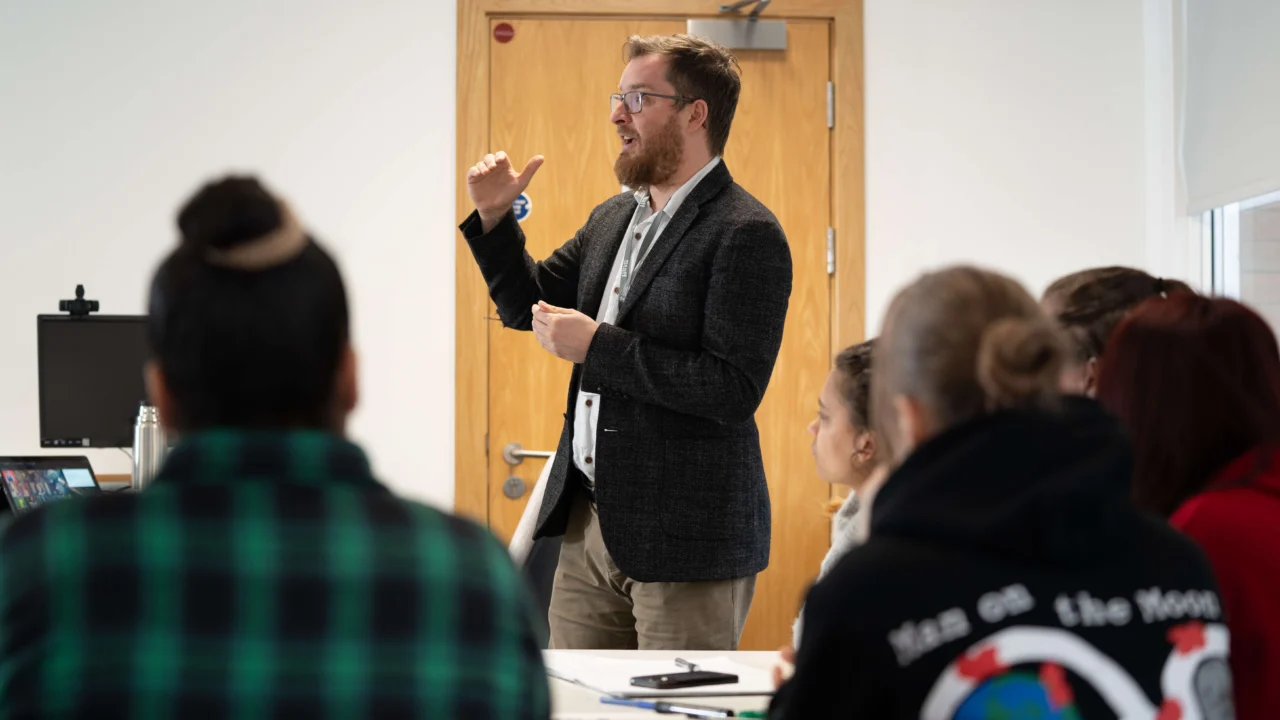
Interested in a different start date?
Course Description
Early childhood, the quality of education, provision and care, and the roles and responsibilities of all those involved with young children, parents and families together have a significant influence on children’s achievement and life chances. There is growing recognition that early childhood and children’s experiences must be supported by a highly qualified workforce.
The programme is specifically designed for students interested in working with young children. It offers a course that provides breadth and depth in key aspects relating to childhood, child development, education and care but also integrates a wider thematic approach which includes families, communities, multi-agency working, social policy, inclusion and diversity, research and health. It will develop your knowledge, skills, understanding of these, and your generic transferable skills through course content, learning and teaching strategies, assessment, research, and experiences of early years settings and organisations.
Modules run in parallel and require students to engage with a range of learning and teaching modes using e-learning as well as face-to-face contact with tutors.
The Professional practice route is designed for applicants who wish to top-up from a Foundation degree that does not have ‘full and relevant’ status as designated by the DfE, or an appropriate Level 3 qualification.
You will also be required to undertake a placement across the duration of the course.
Entry Requirements UK home student applicants should have 120 credits at Level 4 and 120 at Level 5, e.g. a relevant HND, a Foundation Degree in Early Years which is recognised as ‘Full and Relevant’ by the DfE, or a relevant Level 3 Early Years qualification. The top up award is designed for Early Years Foundation Degree graduates or equivalent who ?already hold a relevant level 3 Early Years qualification, or a ?Foundation Degree classed as ‘Full and Relevant’ by the DfE, ?to enable them to progress to level 6 to achieve an Hons degree in Early Childhood Studies. Please contact Admissions for confirmation of suitability of qualifications. You will need a letter from your employer confirming you have current and valid enhanced DBS in place or you will require a new DBS if the letter can’t be provided.
The tuition fee for academic year 2025/26 is: £9,535
Additional costs
The University will review tuition fees and increase fees in line with any inflationary uplift as determined by the UK Government, if permitted by law or government policy, in subsequent years of your course. It is anticipated that such increases would be linked to RPI (the Retail Price Index excluding mortgage interest payments).
Check out our blog/news/events
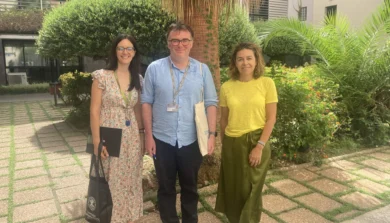
Exploring the World Through the Turing Scheme: Experiences from Spain and Germany
During the summer months of 2025, students from Birmingham Newman University took part in a…
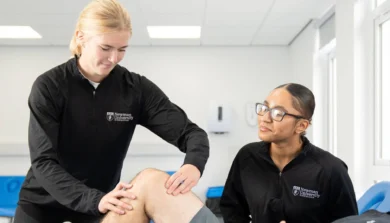
Birmingham Newman University to Launch Sports Massage Clinic Open to the Public
Birmingham Newman University is excited to announce the upcoming launch of its brand-new Sports Massage…
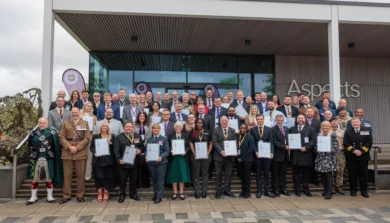
Birmingham Newman University Achieves Silver Award Recognition for Commitment to Defence Personnel
Over 100 guests gathered at the National Memorial Arboretum in Staffordshire to celebrate thirty-six regional…
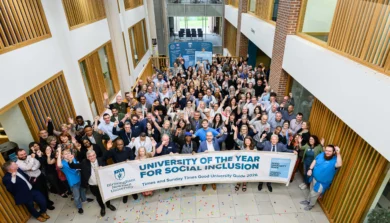
Birmingham Newman University Named The Times University of the Year for Social Inclusion
Birmingham Newman University is delighted to announce that it has been named University of the…
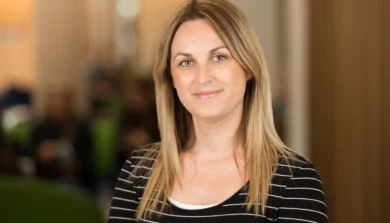
Dr Emma Powell Named Finalist in Birmingham Awards 2025 – Contribution to Education
Dr. Emma Powell SFHEA, Senior Lecturer in Primary ITE at Birmingham Newman University, has been…
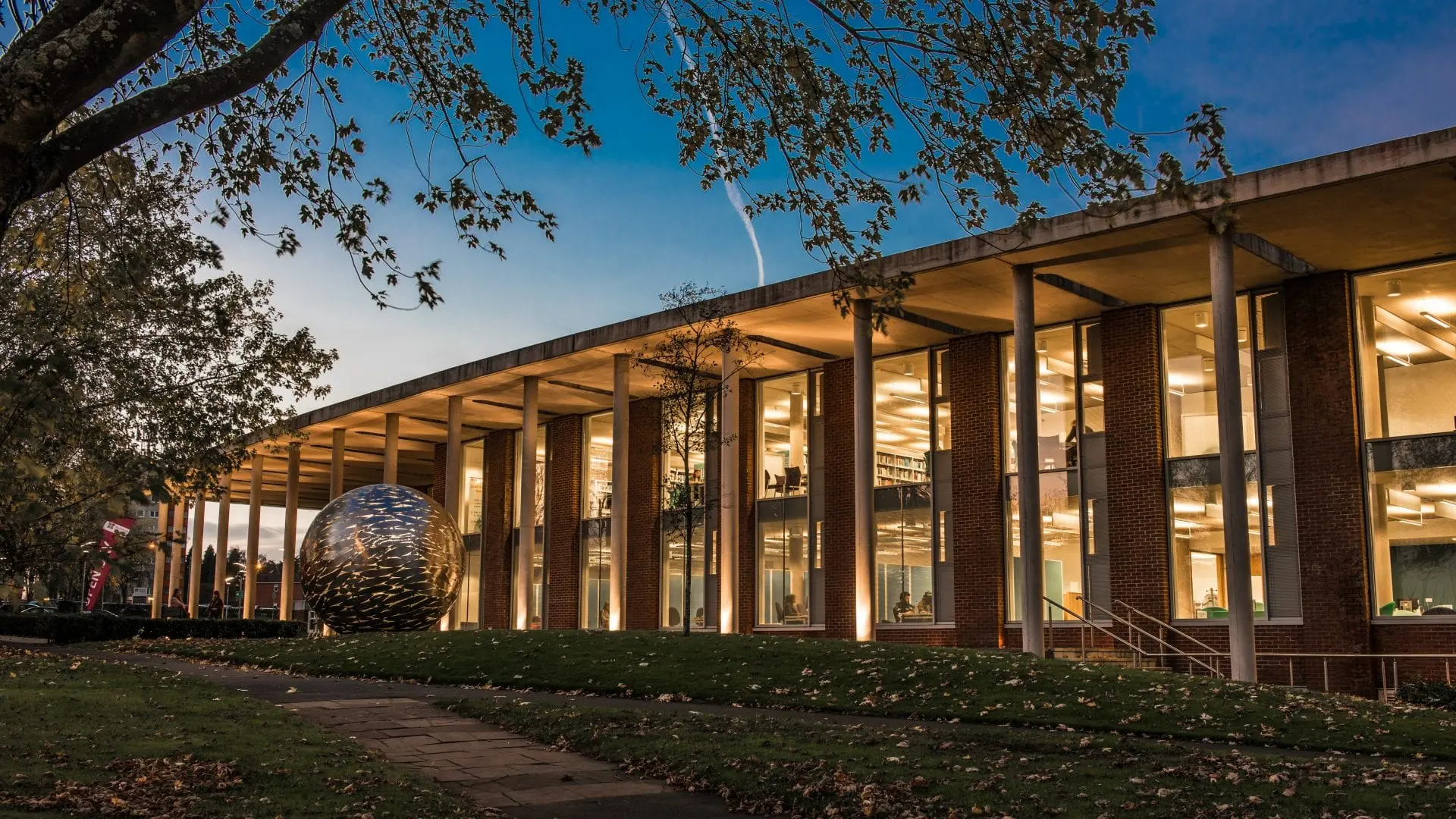
Book an open day
Find out about our next open day. Book now to secure your place.
You will also be required to undertake a placement across the duration of the course.
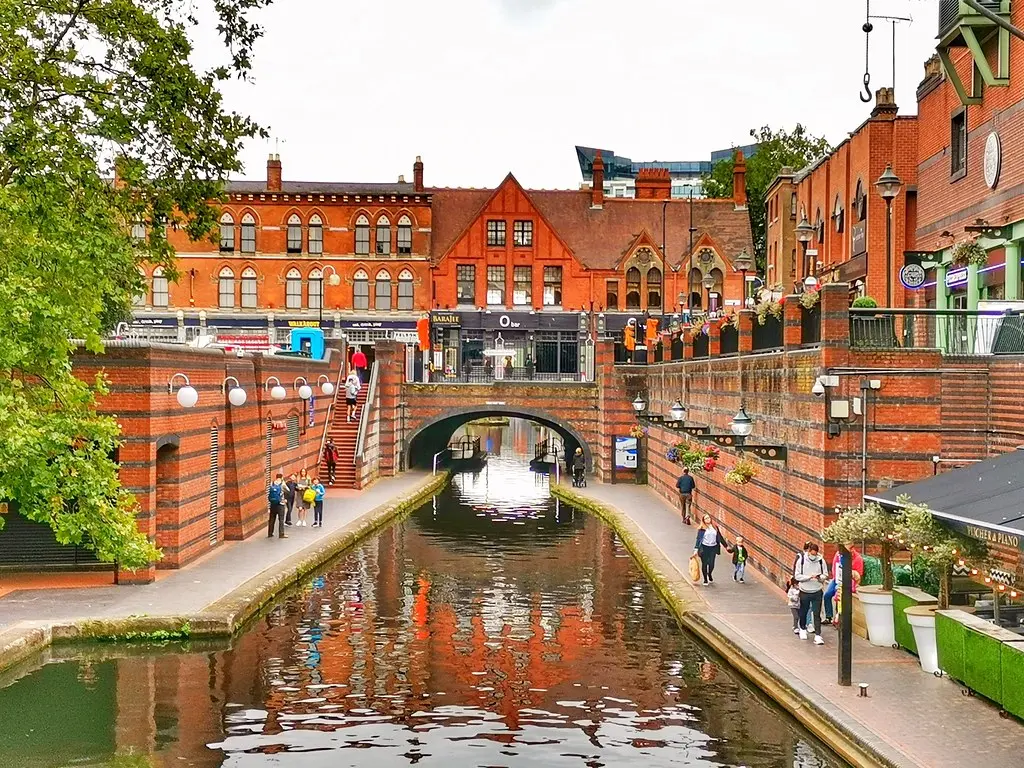
There are a wide range of career opportunities for graduates in the field of early years. This includes working in Children’s Centres, schools, nurseries, Social Services, Local Authority support teams, and charitable organisations. Early Childhood graduates have pursued Early Years Teacher Status or a teaching career via a PGCE to gain qualified teacher status (QTS).
Courses we think you'll also like
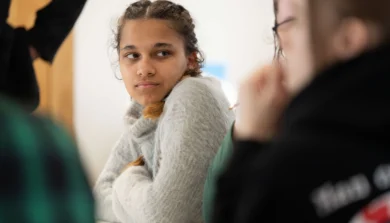
BA Early Childhood Education Studies (Top-Up) – DIRECT
- Start date:
- Various
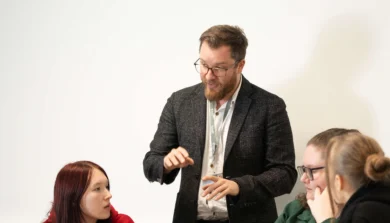
BA Single Honours Early Childhood Studies (with Foundation Year)(full-time)
- Start date:
- Various
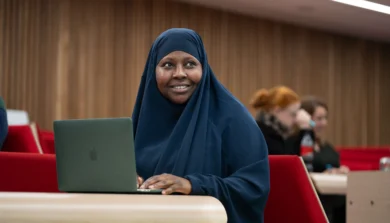
BA Single Honours Early Childhood Studies (full-time)
- Start date:
- Various
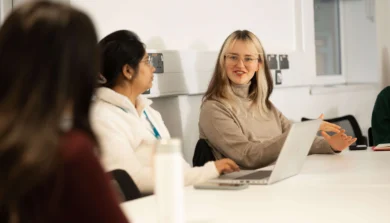
BA Counselling Studies (Top-Up)
- Start date:
- Various
